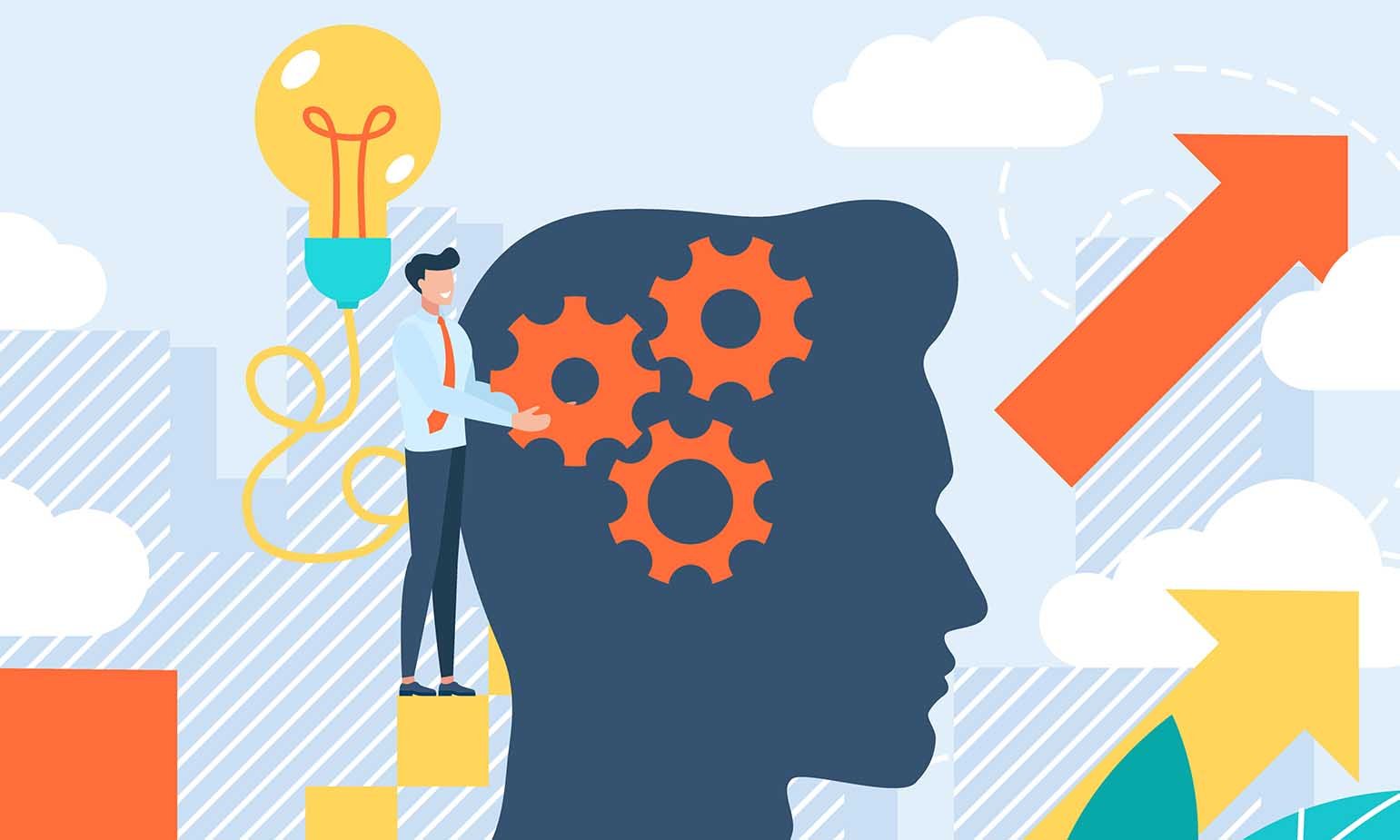Music helps people relax, process emotions, and cope with trauma and pain. It is used in the treatment of various mental illnesses.
But in the scientific community there is no unambiguous opinion about the special properties of music. For example, scientists believe that classical music does not help become smarter, contrary to the myth that pregnant women and infants should listen to Mozart and Chopin.
At the same time, music can affect mood and mental health. Here’s what science knows about it.
Sad Music Evokes Positive Emotions
Let’s take a look at how people respond to music. Scientists have found that even sad music is enjoyable, especially if it’s linked to memories. They divided people’s emotions from sad music into three groups:
- Sweet sadness is a positive emotion.
- Comforting sadness is a positive emotion.
- Grief-stricken sadness is a negative emotion.
Researchers studied the reactions of 2,400 people and noticed that they were more likely to have positive sadness than negative emotions. Professor Tuomas Eerola, who conducted the study, noted that many people avoid sad music because they are afraid of negative emotions, even though such music can bring relief.
Another study found that people are more likely to choose music that matches their mood, meaning that if a person is sad, they would prefer the same music over cheerful music. Researchers also noted that sad music is more likely to be chosen by people who have suffered a loss, such as during a relationship breakup.
Another study suggested that you can purposely become happier with music. This is done by listening to positive music and focusing on things that make you feel better, such as relaxing, thinking about something good and doing something that won’t distract you, like playing at https://tonybet.com/en/forecast, jogging outside, or cleaning your house.
Music Helps With Pain, Stress, and Depression
Music also helps manage stress. In a 2013 study, scientists invited sixty healthy women, subjected them to a psychosocial stress test, and then saw how they would respond to music. Some women listened to relaxing music, some listened to the sound of rippling water, and the other rested without anything. It turned out that the participants who listened to music recovered faster from stress.
The American Music Therapy Association believes that music helps as part of overall physical rehabilitation and increases people’s motivation to undergo treatment. The association’s website says music therapy can benefit children, adolescents, adults and the elderly:
- With mental health problems.
- Developmental disorders.
- Alzheimer’s disease and other conditions that manifest in old age.
- Problems with drugs and other psychoactive substances.
- Trauma to the brain.
- Acute and chronic pain.
In a 2015 study, researchers found that people who listened to music before, during and after surgery experienced less pain and anxiety compared to patients who did not listen to music. Music also helped reduce pain in people with fibromyalgia.
Music Increases Motivation and Improves Sleep Quality
The pleasure of pleasant music, and everyone has his own, have been linked to the areas of the brain that are responsible for emotions. There is evidence that music can affect the release of dopamine and oxytocin, which cause feelings of satisfaction and joy. Also, that music can reduce levels of the stress hormone cortisol.
If you are able to download music and create a playlist that helps calm your senses, it can aid with better sleep. Make sure that you use credible websites that allow you to download music for free and listen to them in an offline setting. To know more in this regard, please visit https://proxybay.github.io/
There are individual small studies that show that music can have a positive effect on a person’s well-being:
- Improve sleep quality.
- Set the pace during workouts.
- Help people with Parkinson’s disease, dementia, multiple sclerosis and after a stroke cope with mood disorders and depression.
- Help relax and not overeat.
Music and music therapy have no side effects, but we can’t say unequivocally that it works the same for everyone. There are too many external factors to take into account: what kind of person they are, where they are, how they are feeling, and also what they are listening to. Favorite music can help people, and if some music is annoying, it is better to do without it.

